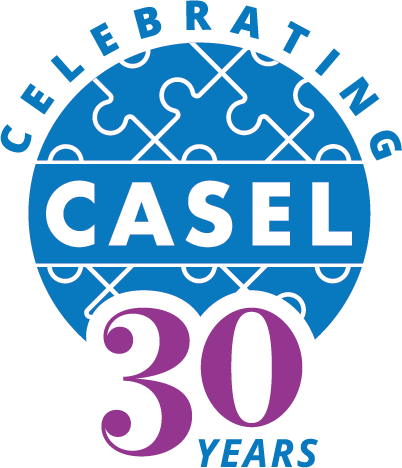A meta-analysis of after-school programs that seek to enhance the personal and social skills of children and adolescents indicated that, compared to controls, participants demonstrated significant increases in their self-perceptions and bonding to school, positive social behaviors, school grades and levels of academic achievement, and significant reductions in problem behaviors.
The presence of four recommended practices associated with previously effective skill training (SAFE: sequenced, active, focused, and explicit) moderated several program outcomes.
One important implication of current findings is that ASPs should contain components to foster the personal and social skills of youth because youth can benefit in multiple ways if these components are offered.
The second implication is that further research is warranted on identifying program characteristics that can help us understand why some programs are more successful than others.


